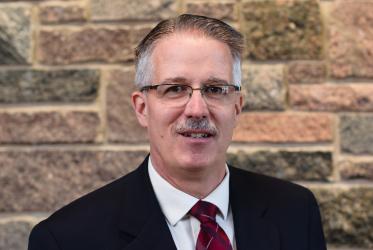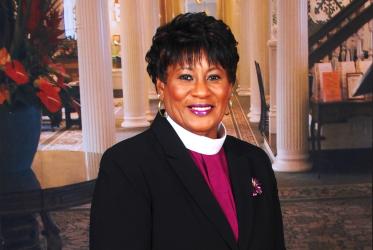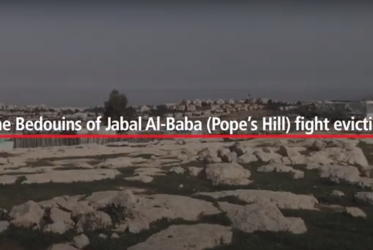I live in western Oregon, part of the Pacific Northwest long regarded as a verdant paradise, courtesy of rains and snowfall that can exceed 100 inches each year. The snowfall in the mountains sustains our rivers through the dry summer. But our climate has been profoundly disrupted. Where I live, summers are far drier and hot. But just to the south of us, this climate change has caused a drought worse than any drought in the past 1200 years. Scientists call it a “mega-drought,” a severe drought affecting massive areas of the western United States for more than two decades.
24 February 2022
Susan Lea Smith



















